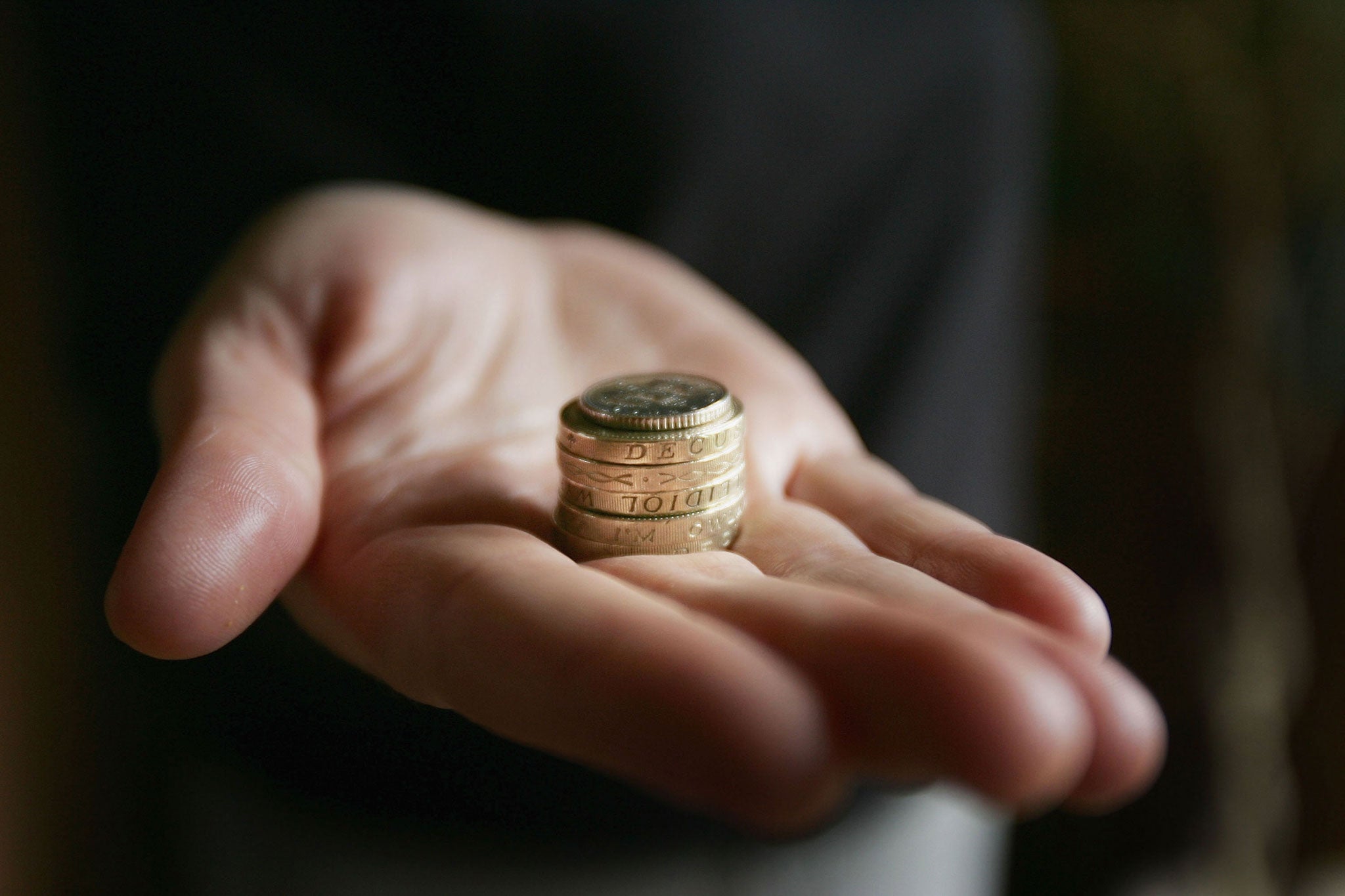Don’t tell us under-25s we’re stingy. Paying our way is hard enough as it is
It's a bit rich to label my generation selfish because we lack disposable income


Your support helps us to tell the story
From reproductive rights to climate change to Big Tech, The Independent is on the ground when the story is developing. Whether it's investigating the financials of Elon Musk's pro-Trump PAC or producing our latest documentary, 'The A Word', which shines a light on the American women fighting for reproductive rights, we know how important it is to parse out the facts from the messaging.
At such a critical moment in US history, we need reporters on the ground. Your donation allows us to keep sending journalists to speak to both sides of the story.
The Independent is trusted by Americans across the entire political spectrum. And unlike many other quality news outlets, we choose not to lock Americans out of our reporting and analysis with paywalls. We believe quality journalism should be available to everyone, paid for by those who can afford it.
Your support makes all the difference.We under 25-year-olds get a bit of a crap deal. Our university fees are expensive, and if we’re lucky enough to find a job, we’ll spend our meagre salaries on exorbitant rent. There might be a few pennies left over to buy a round at the pub after work, convinced if we do we’ll fool everyone into thinking we’re grown up. Some of us become interns and work long hours for little pay with no guarantee of a job at the end. But, full of the excitement of youth, we accept our lot and crack on.
So it was pretty galling to discover that, according to an article published in the Daily Mail on Wednesday, my age group are “uncharitable, selfish and cynical” with recent research conducted by neuroscientists at Mindlab showing that nearly half of the under-25s interviewed for the study had never donated to charity.
The average salary for UK graduates in full-time employment six months after graduation ranges from £18,000 to £24,000. They’re the lucky ones. Recent figures from the Department for Work and Pensions showed that 1.09 million people between the ages of 16 and 24 were not in work, education or training – 410,000 of them are claiming jobseeker’s allowance and 380,000 receive housing benefit.
Given the hours we’re working for free, the extortionate fees we’re paying off, and the rent and bills we’re forking out for, it strikes me a bit rich to label my age group selfish simply because we don’t have the disposable income to give to good causes.
Last week, I received a phone call from Battersea Dogs and Cats Home, some 10 months after we adopted a cat from the shelter. Charmingly, the man on the phone wanted to know how Mimi was settling in, reminding us to take care of her during the fireworks and telling us to encourage others to rehome from Battersea. Finally, he explained how overcrowded the home gets over Christmas and asked us to donate £5 a week to help them through their busiest time of year.
It was with a heavy heart I explained that at my age, on my wage, I couldn’t commit to weekly charitable payments. I just don’t have the funds. I’m still learning to juggle council tax, electricity bills and excessive travel costs; stretching my graduate salary to breaking point in a desperate attempt to save what I can so that one day I might be able to clamber on to the property ladder. And I’d already given one of their cats a loving home.
The study also found that under-25s were the most sceptical about donating to charity, with 67 per cent claiming they didn’t think donations made any real difference. I can’t help but feel young people’s disenchantment with the current political situation has marred the way they view more virtuous organisations. (What’s the point in voting? What’s the point in giving to charity?)
It follows then that people prefer to give to charity if they know where their donations go, a theory backed up by the study, with a third of Londoners saying they give to charity but like to know how their money will be used. A survey conducted by the Small Charity Directory in 2010 showed that on average, only around 80p from every pound donated to charity goes towards the charity’s cause.
As a 22-year-old living in London on a graduate wage, I say this: Charity isn’t about who can write out the biggest cheque; although large donations are, of course, gratefully received. Under-25s don’t have cash to flash, so we have to get creative and be charitable in other ways.
Me, I always drop a couple of quid into the paper cups proffered by the homeless on the crowded Tube or on a desolate street corner. I like to think they spend it on a bed for the night, but if they choose to buy alcohol or drugs, that’s fine too. Whatever helps get someone through a cold night on a pavement.
Others grow ridiculous moustaches, or cycle from Land’s End to John o’Groats, or bake enough cakes to feed the 5,000, or adopt cats, or run the London Marathon, or raise awareness on Twitter, or work in charity shops, or carry someone’s shopping across the road, or help out at the Brownies, or give blood, or donate clothes, or volunteer at a food bank, or set up a Facebook group imploring people to donate money, food and clothing to the Philippines.
Labelling a group selfish because they don’t give money to charity flies in the face of what philanthropy ought to be about. No one should feel compelled or pressured into making donations. Money bullied off those who can’t afford it is not charity.
We might not be able to send £20 a month to Cancer Research but, on behalf of my peers, I ask that before you brand us “uncharitable” you remember that giving comes in many guises.
Join our commenting forum
Join thought-provoking conversations, follow other Independent readers and see their replies
Comments